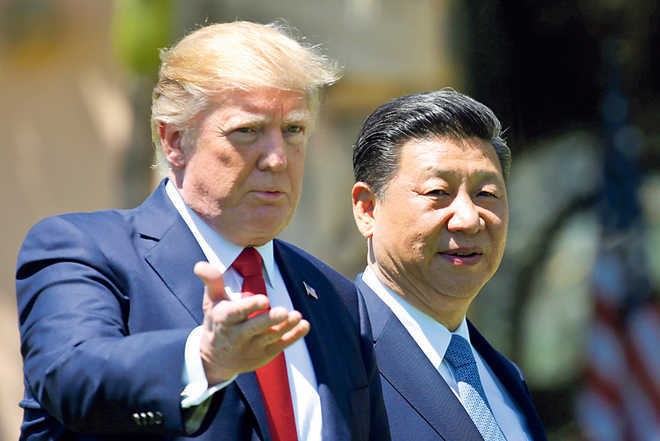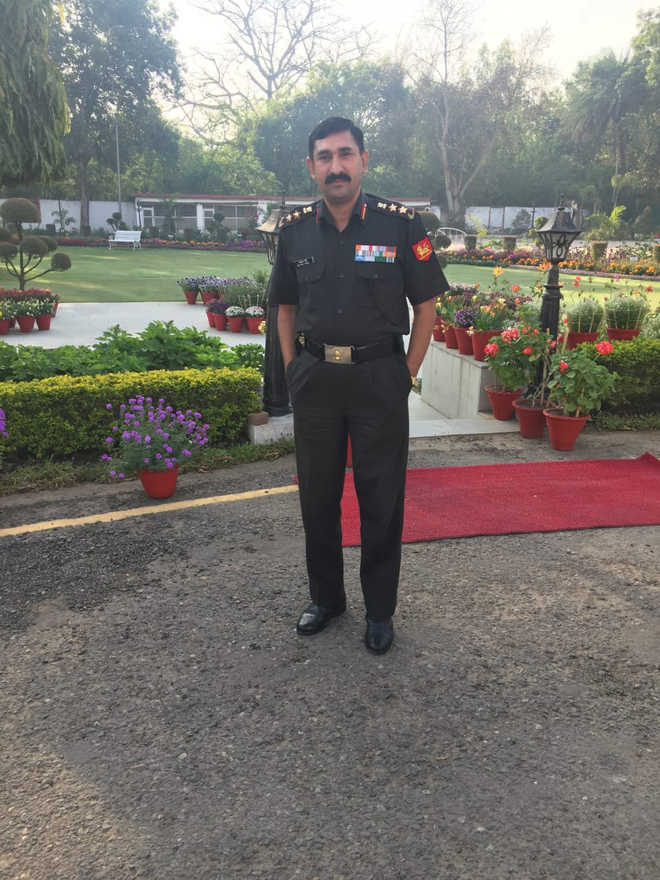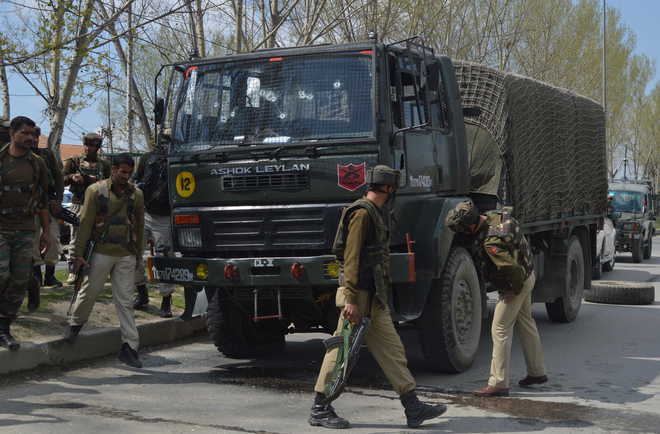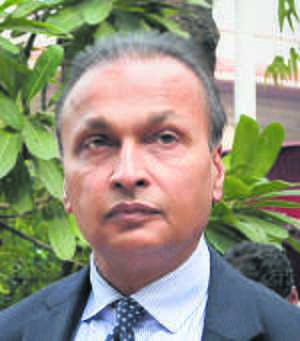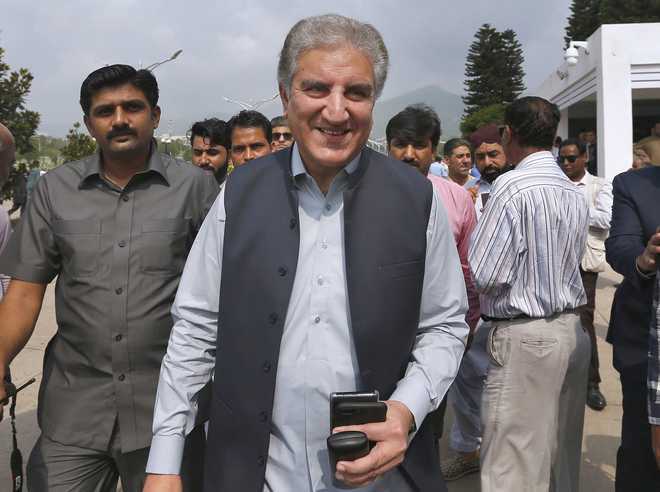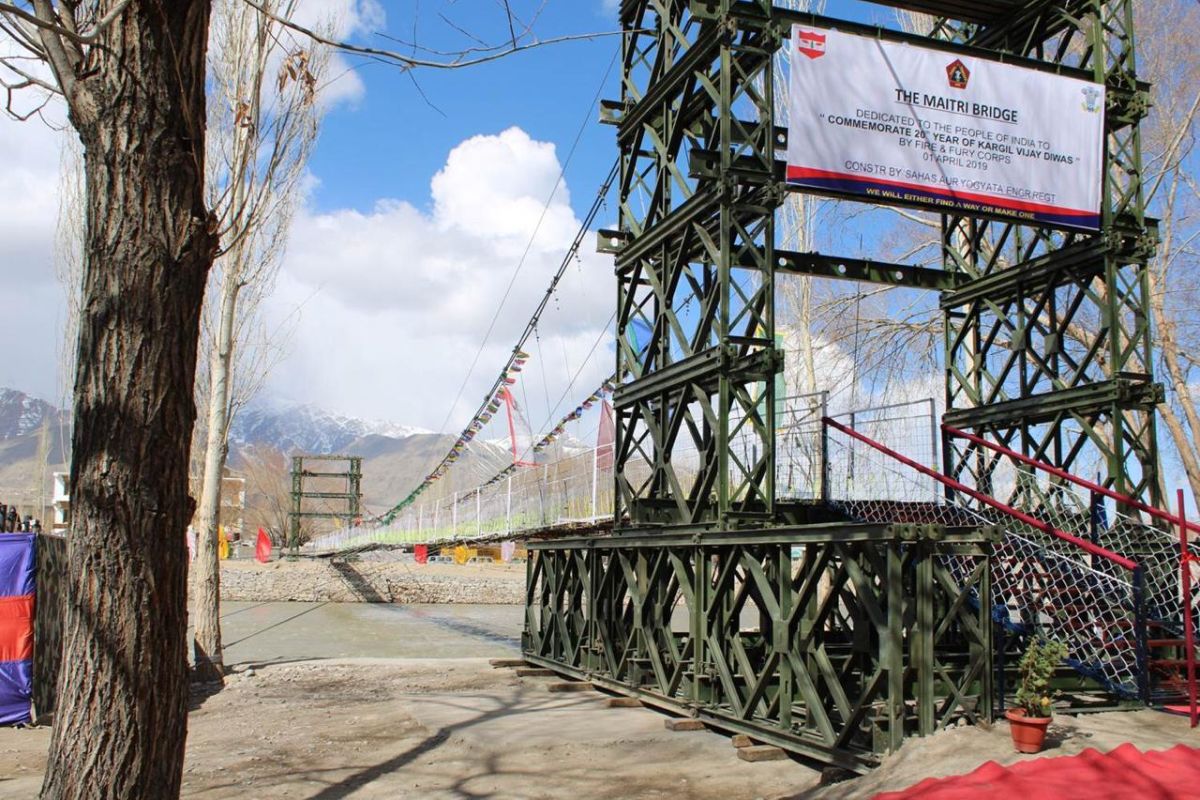It will need to restructure the armed forces to deter Pakistan and China, while gradually building its potential
Wit ht he din of elections over, there could not be a more opportune time for the new dispensation to ensure that important pointers from transborder actions like Balakot do not get obliterated but are acted upon.
HINDUSTAN TIMES■ Politicisation of the armed forces has grave ramifications. It distorts the apolitical fibre of our armed forces and is a dangerous portent for national securityFirst, while it was heartening to see everyone praise the Indian Air Force after Ba lakot, the chest-thumping and credit capturing between political parties that followed, with some even questioning whether the strike had taken place at all, was most unfortunate. Such events do prop el security dialogue to the forefront, but military operations remain the preserve of the government for ordering them and the armed forces for carrying them out. Such politic is at ion distorts the a political fib re of our armed forces and is a dangerous portent for national security.
Second, while the government’ s decision to strike and effectively combat Pakistan retaliation was the right one, between 2015 and 2018, many terror attacks went without a response and accountability. Is there an institutionalised decision making mechanism in place at all? India is perhaps the only major democracy where the armed forces headquarters are outside the apex governmental structure and, therefore, not institutionally part of the decision making process. It is imperative that we have an Act of Parliament which man dates the creation of a permanent Chief of Defence Staff (CDS), thereby making the armed forces apart of the decision making mechanism for cogent single point military advice to the government. The Defence Planning Committee recently created under the chairmanship of National Security Adviser (NSA) has been
established through an administrative order and thus remains unaccountable to Parliament. But it cannot replace the idea of a permanent CDS created by statute.
Third, the 2019 elections pushed national security to the fore, if rhetoric and party manifest os were anything togo by. Political parties must note that having spelt out big ticket plans, public discourse is going to gets harper. If their manifestos offer to “speed up purchase of outstanding defence equipment and weapons or ensure defence spending is increased to meet the requirement of the armed forces,” then questions regarding the time plot for implementation and budgetary support cannot be faulted. On the other hand, if they promise to “establish the office of CDS to act as the principal adviser to the government on defence matters or provide statutory basis to the National Security Council and the office of NSA, with both being accountable to the Parliament ,” they will have to be showcased with a timebound plan for execution; or else the intent could rightly be questioned. Against the back drop of India fielding an aging Mi G 21 Bis onto combat a modern Pak F–16, they ’ll be justified in asking for modernisation to be expedited with reasons for delay, enlarging the query to: Are the defence forces properly equipped and organised? Are they being looked after? Is it well honed? It is good that national security has become an electoral issue, but if the concern does not endure after votes are won, it will be the last time one will seethe issue at centrestage. That will jeopardise the nation’s security.
Fourth, Pakistan’s nuclear bluff has been called, but has catapulted India such that it can no longer be seen as a soft State. For this perception to last, India must equip, modernise and restructure the armed forces posthaste for 21st century warfare to deter Pakistan and dissuade China from aggression, while gradually building its potential.





















































